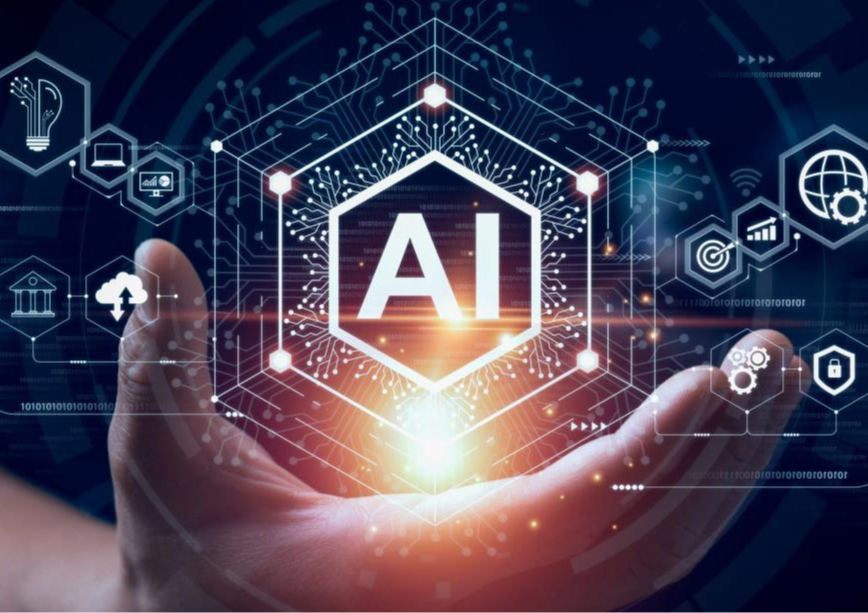Transforming Manufacturing with AI Innovations
Transforming Manufacturing with AI Innovations
Blog Article
Artificial intelligence (AI) is revolutionizing industries, improving production, and even redefining creativity. But, as AI continues to grow, questions surrounding copyright and rational house rights are becoming increasingly relevant. Who possesses the job Artificial intelligence (umělá inteligence)? Does the inventor of the AI hold the rights, or could it be the individual who uses the software? These issues sort the crux of the ongoing AI and trademark debate, posing challenges for appropriate frameworks worldwide.
AI-Generated Material and Possession
A significant issue in this area is based on ownership. Contemplate AI-generated content, such as for instance pieces of artwork, text, as well as music. These masterpieces are manufactured possible by formulas qualified on great amounts of pre-existing individual material, raising questions like, “May the production be secured by copyright laws?” Presently, most legitimate methods offer copyright to operates developed by humans. Nevertheless, AI presents a grey place, since the output does not stem immediately from a human author but in addition isn't solely autonomous of human influence.

This ambiguity also includes the average person utilizing the AI tools. Are they just operators, or whenever they be looked at co-creators due to their insight of requests that guide the AI's productivity? Legal systems globally are striving to help keep velocity with your advancements while they discussion whether copyright laws require significant revisions to account fully for AI.
Ethical Issues in Copyright
Working out of AI versions poses its ethical dilemmas. Many algorithms depend on datasets extracted from enormous repositories of human-created works, such as for example posts, publications, photographs, and more. Often, these datasets are acquired from content that is copyrighted, sparking issues over whether this use constitutes trademark infringement.
As an example, AI resources qualified on copyrighted artwork and press may replicate stylistic elements inside their output. Does that violate the rights of the initial founder? Critics fight that makers need acceptance and payment when their performs are accustomed to train AI. Market specialists are calling for clear methods and potential royalty systems to deal with these ethical concerns.

The Dependence on Updated Legal Frameworks
The quick development of AI shows the requirement for global discussion and upgrades to trademark frameworks. Without clear legitimate guidelines, disputes over AI-generated material and ownership are bound to rise. Policymakers, creators, and technologists must work together to establish good limits for intellectual property in this new era.
AI gets the potential to unlock immense imagination and innovation. However, handling these copyright issues is important to respecting the rights of human designers while fostering moral AI advancements. The conversation is start, and how it unfolds can shape the future of imagination and engineering alike. Report this page